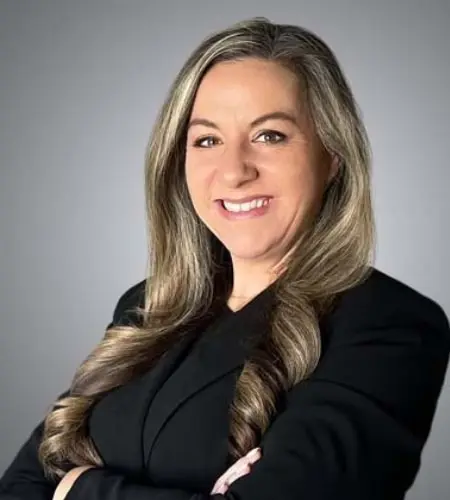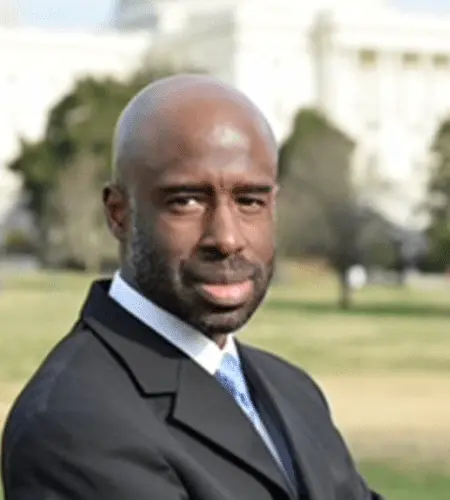Understanding the state’s laws is essential when contemplating divorce in New York to ensure a quick and equitable procedure. Whether New York is a no-fault state for divorce is a crucial issue that frequently confounds people. This thorough guide will examine the nuances of no-fault divorce in New York and answer commonly asked questions.
A prominent law practice with years of experience conducting no-fault divorces in New York is the Law Offices of SRIS, P.C. You will receive professional advice and assistance throughout your divorce process because of our passionate team of lawyers knowledgeable about state laws and court procedures.
To assist you in navigating the emotional and legal complexity of divorce, we prioritize open communication, individualized care, and empathetic assistance.
You can depend on the experienced professionals at the Law Offices of SRIS, P.C., to help you navigate the difficulties of divorce proceedings if you require competent legal advice.
Understanding New York's No-Fault Divorce Laws
Defined: No-Fault Divorce:
In a no-fault divorce, neither spouse is required to establish that the other perpetrated a sin that led to the dissolution of the marriage. Instead, they can only claim that the marriage has fallen apart irretrievably for some time.
New York’s No-Fault Divorce History
New York was one of the last states to enact no-fault divorce regulations until recently. No-fault divorce laws were introduced in an effort to speed up the divorce procedure, lessen hostility between spouses, and increase access to divorce for those looking to leave their marriages amicably.
New York's Grounds for no-fault Divorce
Unrecoverable Failure
Both parties should agree that their marriage has been irretrievably broken for at least six months to be eligible for a no-fault divorce in New York. This shared understanding makes it unnecessary to list particular reasons for divorce.
Separate and apart living
Alternatively, if one spouse opposes the divorce, it is still possible to have a no-fault divorce if the pair have lived separately for at least a year under a court order or separation agreement.
The advantages of no-fault divorce
- Effortless Procedure
Couples can avoid the need for protracted litigation to establish fault through no-fault divorce, which leads to a quicker and more effective process.
- Lower Stress Emotionally
No-fault Divorce frequently lessens emotional stress for both parties and any children involved by minimizing blame and finger-pointing.
- Protecting Privacy
Since there is no requirement to provide sensitive information in court, no-fault divorce often keeps private information about the marriage secret.
The No-Fault Divorce Process in New York
- Filing for divorce
Either spouse has to submit a summons with notice or a summons and verified complaint to start a no-fault divorce in New York. The grounds for the divorce and the remedies demanded are outlined in this legal document.
- Requirements for residency
To get a divorce in New York, either one or both spouses have to adhere to strict residency requirements. If either party has lived in the state for at least two years or both spouses have lived in New York for at least one year, the court will only have jurisdiction in that case.
- Waiting Period
There is a waiting period after filing before the divorce can be legally finalized. There is normally a six-month waiting period in New York, giving both parties time to settle any unresolved difficulties.
The Law Offices of SRIS, P.C.: Your Reliable Divorce Attorneys
- Experience and Knowledge
In New York, The Law Offices of SRIS, P.C., is well known for its proficiency in divorce law. With compassion and professionalism, our competent lawyers have successfully handled several divorce cases while representing clients.
- Personalized Strategy
We prioritize a personalized approach to address the individual needs of each of our clients since we recognize that every divorce case is different. Our lawyers from the Law Offices of SRIS, P.C., collaborate closely with clients, keeping lines of communication open and offering advice on the law whenever necessary.
- Promotion and Assistance
With the help of our team of accomplished litigators and mediators, we adhere to standing up for our client’s rights and advancing their interests throughout the divorce process.
Fault Divorce versus No-Fault Divorce
Advantages of No-Fault Divorce
No-fault divorce has several advantages, such as a less combative process, less emotional stress, and a quicker conclusion. It enables couples to split amicably and concentrate on determining fair custody, support, and allocation decisions.
Fixing Complex Problems
Although no-fault divorce does away with the requirement to establish fault grounds, it doesn’t deal with the issues of property distribution, child custody, or spousal maintenance. If the parties cannot agree, these issues will be settled through separate negotiations or litigation.
New York is a no-fault divorce state, giving couples a quick and less confrontational way to dissolve their unions. Understanding the reasons behind no-fault divorce and its advantages helps lessen the emotional toll.
The Law Offices of SRIS, P.C., is your reliable partner in obtaining a beneficial result and defending your rights if you require experienced legal guidance throughout your divorce process. Take the first step towards a better future by contacting us immediately for a consultation.
Frequently Asked Questions
- What residency requirements should you meet before filing for divorce in New York?
Either spouse needs to have lived in New York continuously for at least two years before beginning the divorce action to petition for divorce there.
- Can I still petition for a no-fault divorce if my spouse disagrees?
If you have lived apart for at least a year according to a separation agreement or court order, you may still proceed with a no-fault divorce, even if your spouse objects.
- Does New York’s no-fault divorce statute have any exceptions?
If a spouse can demonstrate that the marriage’s dissolution was not “irretrievable” or that the separation time has not been satisfied, they may, in certain instances, oppose a no-fault divorce.
- What if disagreements exist about child custody, alimony, or how to divide the property?
No-fault divorce deals with the dissolution of the marriage, but it does not handle questions of child custody, alimony, or property distribution. These problems require independent discussion or judicial resolution.
- Is it possible for me to conduct a no-fault divorce without a lawyer?
Although filing for divorce without legal representation is feasible, having professional legal counsel, like the Law Offices of SRIS, P.C., can significantly increase your chances of getting an optimal outcome and defending your rights.
- What if my spouse files for divorce but objects?
You can still move forward with the divorce even if your spouse objects. The divorce might take longer to be finalized because the court would have to decide on any disputed matters, like property distribution, child custody, and support.
- Will a No-Fault Divorce Require My Appearance in Court?
No, not always. Court appearances can frequently be avoided in no-fault divorce situations through negotiation and mediation. Yet, a judge can be required to rule on topics like property distribution and child custody if unsolved problems necessitate judicial intervention.
- Can a divorce with no fault be contested?
Yes, a spouse may appeal the divorce’s grounds or other aspects, even in a no-fault divorce. This could result in further legal action to settle the conflict.
- Is it possible to divorce without a lawyer present?
While it is technically possible to represent yourself in a divorce, it is strongly advised that you seek the advice of an experienced divorce lawyer like The Law Offices of SRIS, P.C., to ensure your rights are fully safeguarded.









